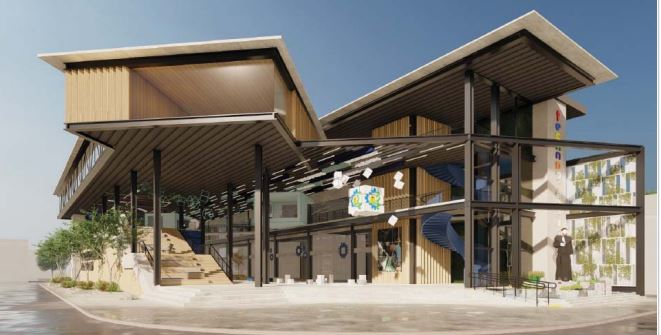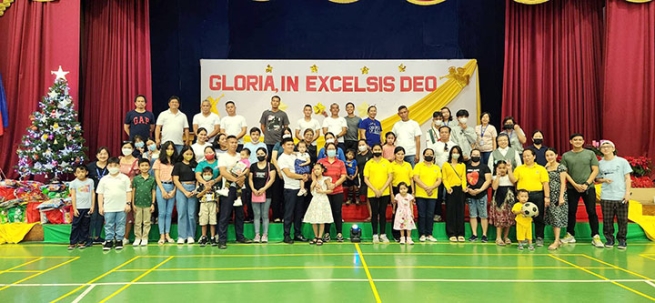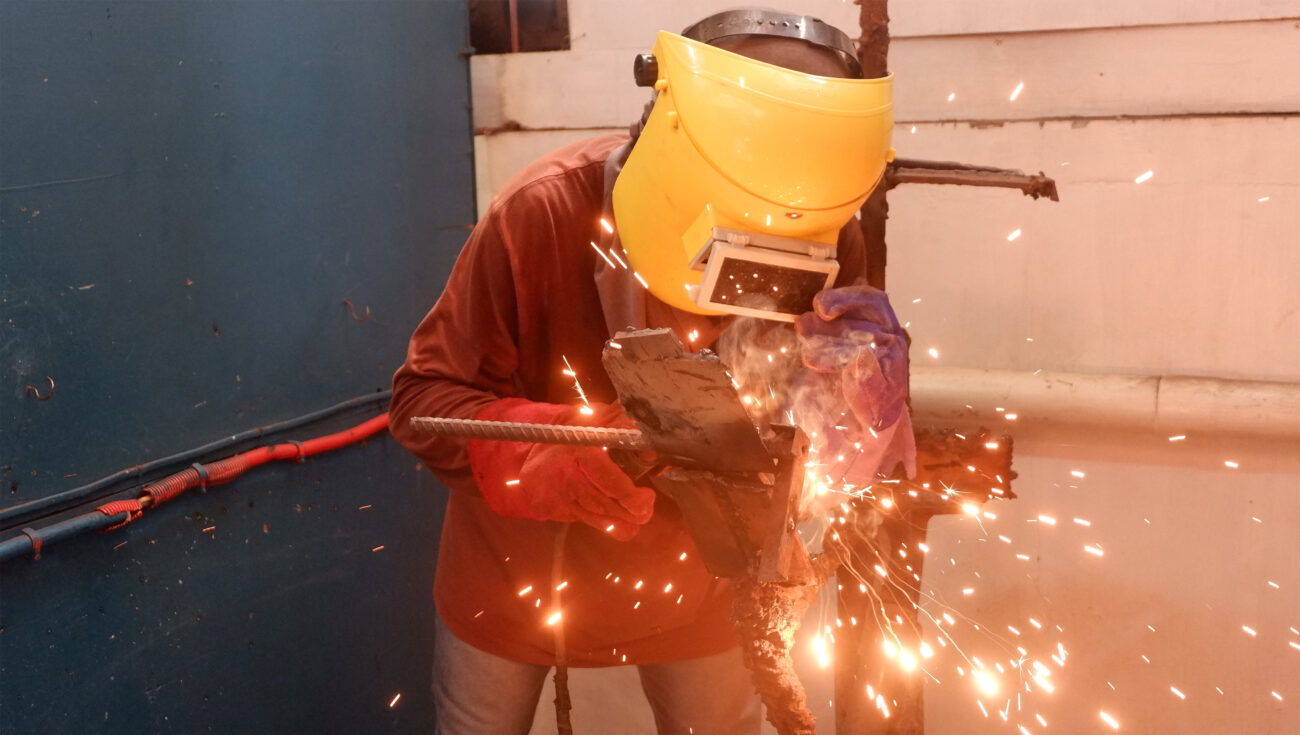PHILIPPINES: Past Pupils of Don Bosco Hold Medical Clinic Providing Care for Children and the Elderly

(MissionNewswire) The Don Bosco Past Pupils Association of Lawaan recently held a medical clinic at the Don Bosco Formation Center in Talisay City in Cebu, an island province in the Philippines consisting of the main island itself and 167 surrounding islands and islets. The medical clinic provided care for 285 patients living in poverty, primarily children and the elderly.
The association’s members are former students from the Don Bosco Missionary Seminary, formerly the High School Aspirantate, which closed in 2005 and paved the way for the current school. Several past pupils are in the medical profession including Dr. Alex Junia, a cardiologist and current president of the Philippine Heart Association as well as coordinator of the medical clinic.
The annual medical clinic was held in cooperation with the local government of Lawaan, a barangay of Talisay City. Government social workers were able to identify those most in need of medical care and coordinated their attendance at the event. The clinic provided medical consultations, pediatric clearances and referrals, glucose tests, blood pressure examinations, ECGs, medical ultrasounds and free medicines. Close to 200 packs of rice with noodles were also distributed to those who needed the nutritional support.
“The health of people we serve is very important to us,” says Father Mark Hyde, executive director of Salesian Missions, the U.S. development arm of the Salesians of Don Bosco. “The work we do in the Philippines and in programs around the globe goes beyond education. We serve the whole person by making sure that basic needs like health and nutrition are met in addition to other social service needs.”
Access to nutrition, education and health services is essential to creating a sustainable society and optimistic future. More than one year after Typhoon Haiyan (also known as Typhoon Yolanda) devastated portions of Southeast Asia, particularly the Philippines, Salesian missionaries continue to work in the region to assist those who lost their homes and their livelihoods. While missionaries have successfully completed many community rehabilitation and rebuilding projects that have allowed survivors to return to their normal lives, there is still much work to be done.
“Salesian missionaries are engaged in a wide range of programs to improve the lives of the people in the Philippines,” adds Fr. Hyde. “Poor youth and their families receive support at community health centers, orphanages, parishes and youth centers. In addition, education is provided through Salesian-run primary, secondary, technical and agricultural schools – many of which provide room and board to their students.”
More than one quarter of the population of the Philippines lives in poverty, according to UNICEF. Poverty is most severe and widespread in rural areas where 80 percent of the population–close to 88 million people–make their home. The poorest Filipinos are indigenous populations, small-scale farmers who cultivate land received through agrarian reform, landless workers and fisherman. In addition, poverty rates are higher for women than men.
Illiteracy and high levels of unemployment contribute to the elevated poverty rate. With more than 11 million out-of-school youth in the country and drop-out rates doubling as children reach secondary school, access to education becomes a critical step in breaking the cycle of poverty.
Throughout the Philippines, Salesian missionaries offer a variety of educational and social development programs for youth, many with an emphasis on recreation and sports activities. The goal is to provide the opportunities necessary to gain an education and skills training to break the cycle of poverty and retain long-term employment.
###
Sources:
ANS – Philippines – Past Pupils hold Medical Mission
Don Bosco Formation Center Facebook
Don Bosco Formation Center Website
UNICEF – Philippines




